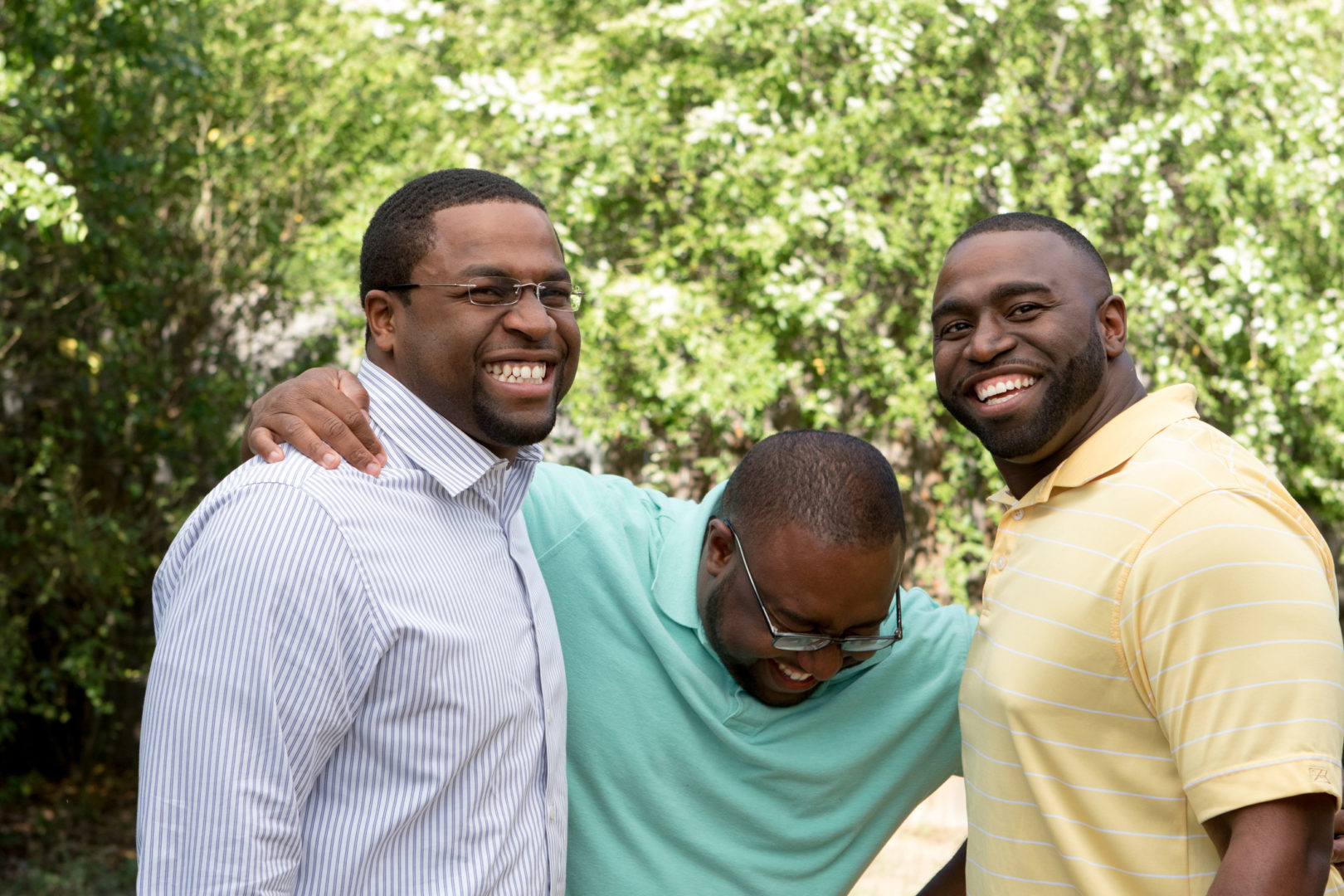Secondary Victims
Secondary Victims
If a friend or loved one of yours was assaulted, rob or abused, or was a victim of any crime --- you are a secondary victim. Secondary victims often feel anger, guilt, and hopelessness, but feel that since they were not the primary victim, they should just 'get over it'. For you to be strong and to help your loved one survive and thrive, consider getting help for yourself. This information is designed to help parents, children, family members, and friends deal with the anger, guilt, and hurt they feel as the secondary victim.
Who is a Secondary Victim?
A person who is present at the scene of an act of violence and who is injured as a direct result of witnessing the act. A person who is injured as a direct result or becoming aware of an act of violence or when he/she is the parent or guardian of the primary victim who is aged under 18 years at the time of the act. When anyone is a victim of crime others are affected too.
While some victims may be solitary individuals, the great majority have some significant others ‑‑ spouses, friends, family. Allowing three significant others per victim (probably an underestimate given average family size), there are then at least 400,000 "non‑victims" affected in some way by crime each year ‑‑ 400,000 secondary victims.
Parents, loved ones, children, and friends of sexual abuse, incest, or rape victims have many of the same feelings as the primary victim. In domestic abuse situations, children are victims too. Learn the symptoms that these tiny victims may display, contact your local victim service provider at 301-390-4092.
What are some responses of Secondary Victims?
- Expressing pity, shock, or disgust
- Blaming the Victim
- Asking the Victim "Why?"
- Denial of the Event
- Seeking Revenge
- Expressing Anger
- Investigating
- Being over-protective or controlling
These responses seem natural, but may cause victims to further blame themselves or prevent them from regaining what they lost - a sense of power and control.
Providing support for someone can be a very difficult task. It is hard not to give advice, to expect the victim to react in certain ways, or to want things to get back to normal right away. Keep in mind that victims may behave differently after being victimized. They may be afraid to stay alone or they may completely withdraw. They may cry a lot, be irritable or have trouble sleeping. They may start doing things they never did before like staying out late, drinking or smoking. These reactions are painful to watch, but your care and support can help. You may begin to feel frustrated, overwhelmed, or drained.
Secondary Victim Support
Avoid burning out by setting limits early. Do not try to be the sole support. Remember to take time for yourself. Victims can and do recover, but it takes time.
Effective Responses of Significant Others:
- Believe, accept, and support what the victim says.
- Reassure the victim that it was not their fault.
- Accept the victim's feelings and choices.
- Listen without judging.
- Express their feelings without blame.
- Make offers—not demands.
- Remain calm.
- Remove responsibility from the victim.
- BE PATIENT.
- Engage help for them.
For more information contact your local victim service provider at 301-390-4092 or fill out the form below.
Call 24/7 Helpline: 301-882-2002 / toll-free 1-888-249-6907

